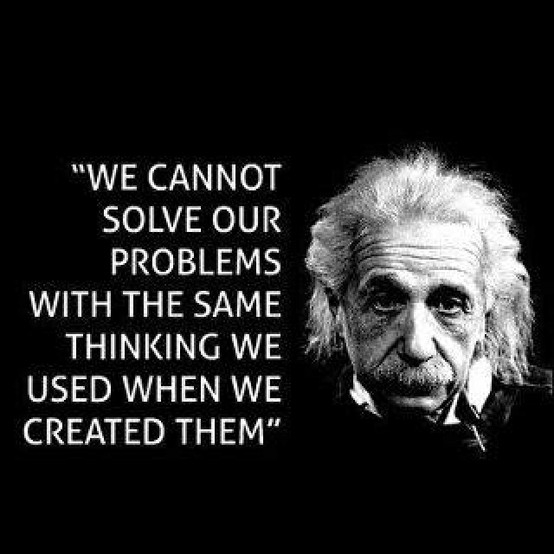By Deepak Chopra, M.D., FACP, and Menas Kafatos, Ph.D.
Is there such a thing as higher consciousness? For a tiny fraction of the population, who believe they have experienced God directly, this is a spiritual question with a definite answer. But for most people the question is hypothetical. Every spiritual tradition has asserted that there is a hidden reality which can be uncovered through transcending – or going beyond – the five senses. There are elaborate directions for accomplishing this leap, in the form of prayer, meditation, renunciation, and faith – the religious history of humankind has never stopped directing its aspirations to a higher plane. But everyday life consumes our attention, and in a skeptical age the erosion of belief makes higher consciousness seem very far away if not irrelevant.


